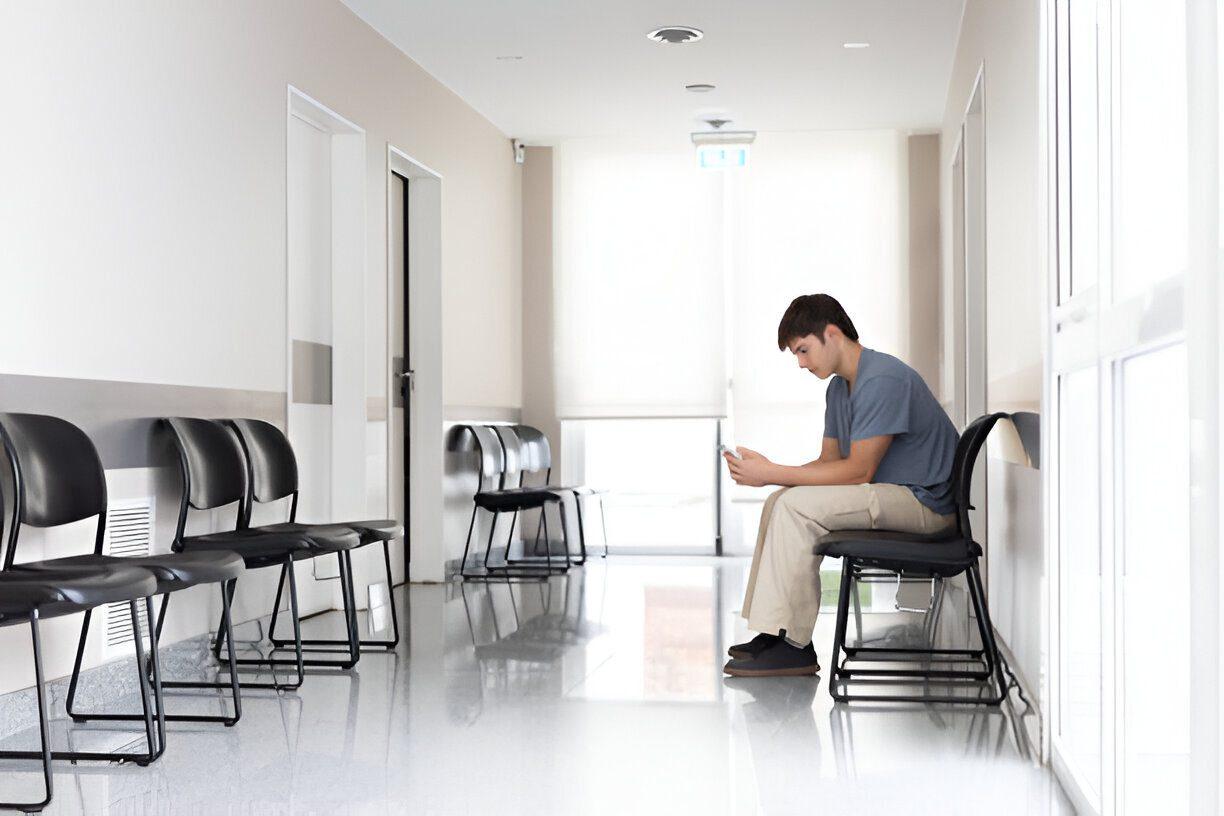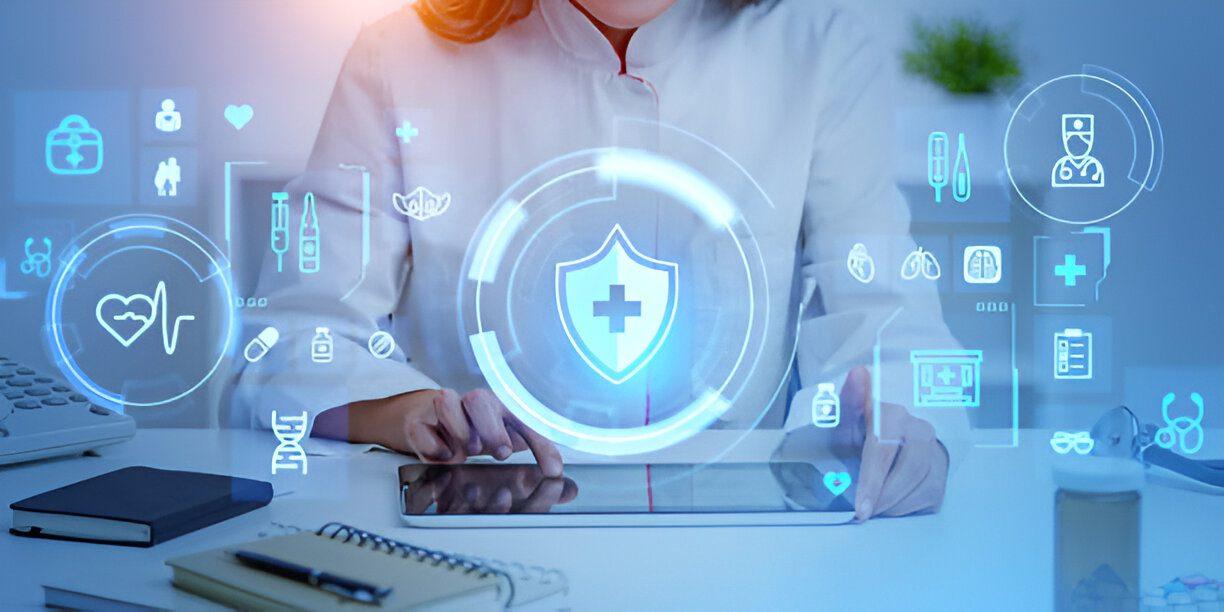The Life-Altering Reality of a Cancer Diagnosis
A cancer diagnosis is more than a medical condition—it’s a profound emotional upheaval for both patients and loved ones. While treatments tackle the disease, the emotional toll can be equally overwhelming. Feelings of fear, sadness, and uncertainty often follow the initial shock. Recognizing the need for emotional resilience and support systems is crucial in navigating this challenging path.
When Emotional Turmoil Follows Medical News

Understanding the Emotional Impact of a Cancer Diagnosis
Cancer affects more than the body; it also shakes the mind and spirit. Patients may feel:
- Shock and Denial
- Emotional numbness or disbelief.
- Initial rejection of the harsh reality, serving as a defense mechanism.
- Fear and Anxiety
- Worry about survival, treatment side effects, finances, and loved ones’ well-being.
- Standing at the base of a towering mountain, unsure of the path or one’s strength to climb.
- Sadness and Depression
- Grieving the loss of health, independence, and normalcy.
- Struggling with withdrawal from cherished activities or social interactions.
- Anger and Frustration
- Questioning, “Why me?”—feeling betrayed by the body or circumstances.
- Natural response to fear and helplessness, requiring healthy expression.
Building Emotional Resilience
1. Accepting the Reality of the Diagnosis
Acceptance doesn’t mean surrender. It’s about recognizing what can be controlled—treatment decisions, lifestyle adaptations, and self-care approaches.
2. Developing a Strong Support System
- Family and Friends: Offer encouragement and practical help.
- Support Groups: Shared experiences lessen isolation; hearing from others facing similar battles can inspire hope.
- Professional Counseling: A therapist can guide individuals through fear, sadness, or identity crises related to the illness.
3. Finding Purpose and Meaning
- Spirituality or Meditation: Helps anchor emotions, providing solace.
- Creative Outlets (Art, Writing, Music): Transforms internal turmoil into expression and reflection.
4. Practicing Mindfulness and Stress Reduction
- Deep Breathing & Meditation: Lower anxiety and promote calm.
- Yoga or Gentle Movement: Strengthens mind-body connection, reduces stress.
- Grounding Techniques: Focus on the present moment to ease future-oriented fears.
Supporting a Loved One with Cancer
Listen Without Judgment
Provide an open ear, allowing fears and frustrations to be voiced freely.
Avoid rushing to reassure or “fix” their emotions.
Offer Practical Help
Prepare meals or provide rides to appointments.
Handle household tasks, letting them conserve energy for healing.
Respect Their Needs and Boundaries
Some may want to talk in detail; others may prefer lighter conversation.
Honor their coping style without pressuring them to communicate in ways that feel uncomfortable.
Encourage Professional Support
Suggest therapy or support groups if they seem overwhelmed.
Remember that accepting help is a sign of strength, not weakness.
Holding Onto Hope in the Face of Uncertainty
1. Focus on Small Victories
Each completed treatment or a day free of overwhelming side effects is cause for celebration.
Like climbing a mountain, acknowledge every step forward.
2. Embrace the Present Moment
Dwelling on future outcomes can deepen anxiety.
Finding joy in simple, day-to-day experiences can ease emotional strain.
3. Seek Stories of Strength and Survival
Hearing about others who have thrived despite a cancer diagnosis can inspire hope.
Both personal anecdotes and broader communities can uplift and motivate.
“In the face of cancer, hope is not just wishful thinking—it’s the quiet flame that warms every step toward healing.” — Daria K.
Things To Try This Week
Mindful Pause:
- Each morning, take a minute to breathe deeply, acknowledging one thing you’re grateful for—be it a supportive text from a friend or the warmth of the sunrise.
Share a Small Victory:
- Tell someone about one moment of relief or success—completing a treatment, having an appetite for a favorite meal, or receiving kind words from a neighbor.
Reach Out for Support:
- Whether through a helpline, an online forum, or a local group, connect with at least one resource or person who understands the emotional strain of cancer.
Conclusion
A cancer diagnosis transforms life in ways both visible and unseen. Yet alongside medical treatments, emotional and psychological well-being stand as pillars of recovery and resilience. By acknowledging the turbulent feelings, actively seeking support, and focusing on moments of hope, patients and loved ones can find a sense of courage and purpose amid the chaos.
While the future may be uncertain, hope endures as a guiding light—reminding us that within life’s greatest trials, strength and love often shine the brightest. 💛
Coping with a cancer diagnosis extends beyond medical appointments—it demands emotional fortitude, understanding, and consistent nurturing of hope. Your journey isn’t defined solely by the illness, but by the love and resilience you bring to each day.
For empathetic resources, heartfelt tributes, and supportive ideas that uphold your inner strength, explore our cherish collections below. Through reflection, connection, and gentle encouragement, find the light that guides you through the uncertainties of tomorrow.
More Reflections, More Growth
Loss is complex, and the road to healing is different for everyone. These reflections offer insight, support, and guidance as you navigate this journey.
When Grief Weighs on Mind, Body, and Spirit: Understanding the Silent Toll of Loss
Grief touches every part of us—the mind, body, and spirit. From cognitive fog to broken heart syndrome, this guide explores the full spectrum of grief’s effects and offers insights into how we can heal and carry the weight of our loss.
Debunking the “Time Heals All Wounds” Myth: Transforming Grief Through Active Healing
Grief doesn’t fade with time—it requires active participation and healing. Learn why “time heals all wounds” is a myth and how engaging in grief through expression, ritual, and support can lead to true emotional recovery.
The Link Between Grief and Heart Problems: Why Loss Can Literally Break Your Heart
Grief doesn’t just affect the heart emotionally—it has real physical consequences on cardiovascular health. Learn about the link between grief and heart problems, including Broken Heart Syndrome, and discover how to protect your heart during mourning.
Grief and Weight Changes: Why You Might Lose or Gain Weight After a Loss
Grief can lead to significant weight changes, whether through appetite loss or emotional eating. This page explains the science behind grief-related weight fluctuations and offers guidance on how to manage these changes during the healing process.
When Grief and Insomnia Collide: Why You Can’t Sleep After a Loss (And How to Fix It)
Grief affects more than just the heart—it has profound physical effects. This page explores how grief impacts the body, from stress responses to immune system suppression, and offers tips on how to care for your body while grieving.
Why Does Grief Make You Feel Sick? The Science Behind Grief’s Impact on Your Body
Grief isn’t just emotional—it’s physical. While many expect to feel sadness or mental fatigue after losing someone significant, fewer anticipate the profound bodily aches, exhaustion, and even flu-like symptoms that grief can trigger. By disrupting...
Healing After Heartbreak: Understanding the Link Between Grief and Heart Disease
Grief can have a significant impact on your heart health, leading to conditions like Broken Heart Syndrome. This article explains the link between emotional distress and heart disease and offers tips for protecting your heart while navigating the difficult journey of grief.
Chronic Illness and the Grief That Follows: Learning to Accept a New Normal
Chronic illness creates an ongoing form of grief as individuals navigate the loss of their former life. This article explores the emotional toll, coping strategies, and the path to acceptance and a new normal in the face of illness.
When the Mind Mourns: Navigating Grief After an Alzheimer’s Diagnosis
A diagnosis of Alzheimer’s triggers anticipatory grief and emotional loss. This article offers guidance for coping with the sorrow of seeing a loved one’s personality fade and maintaining meaningful connections through Alzheimer’s care.
Explore Journeys of Healing and Solace:
Discover dedicated spaces that offer understanding, guidance, and connection through grief. From the loss of loved ones to life’s challenging transitions, each category provides a pathway to reflect, connect, and find peace in shared experiences.


























